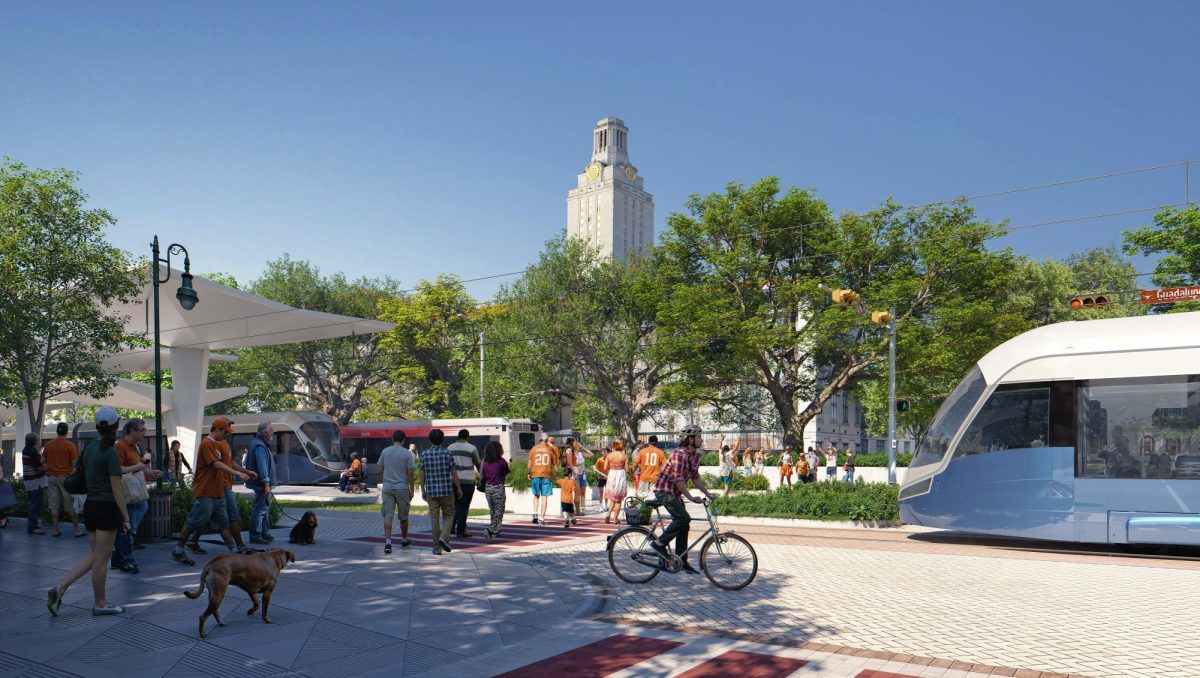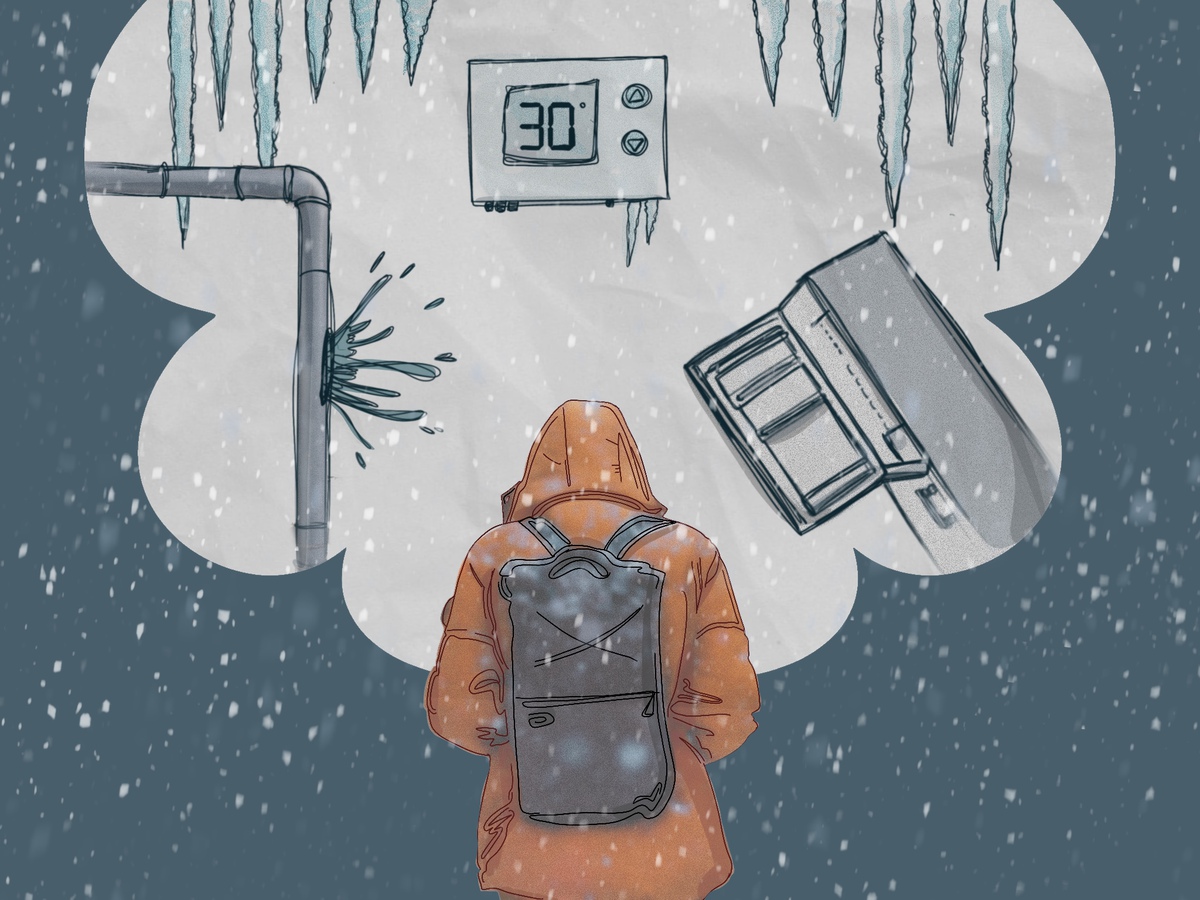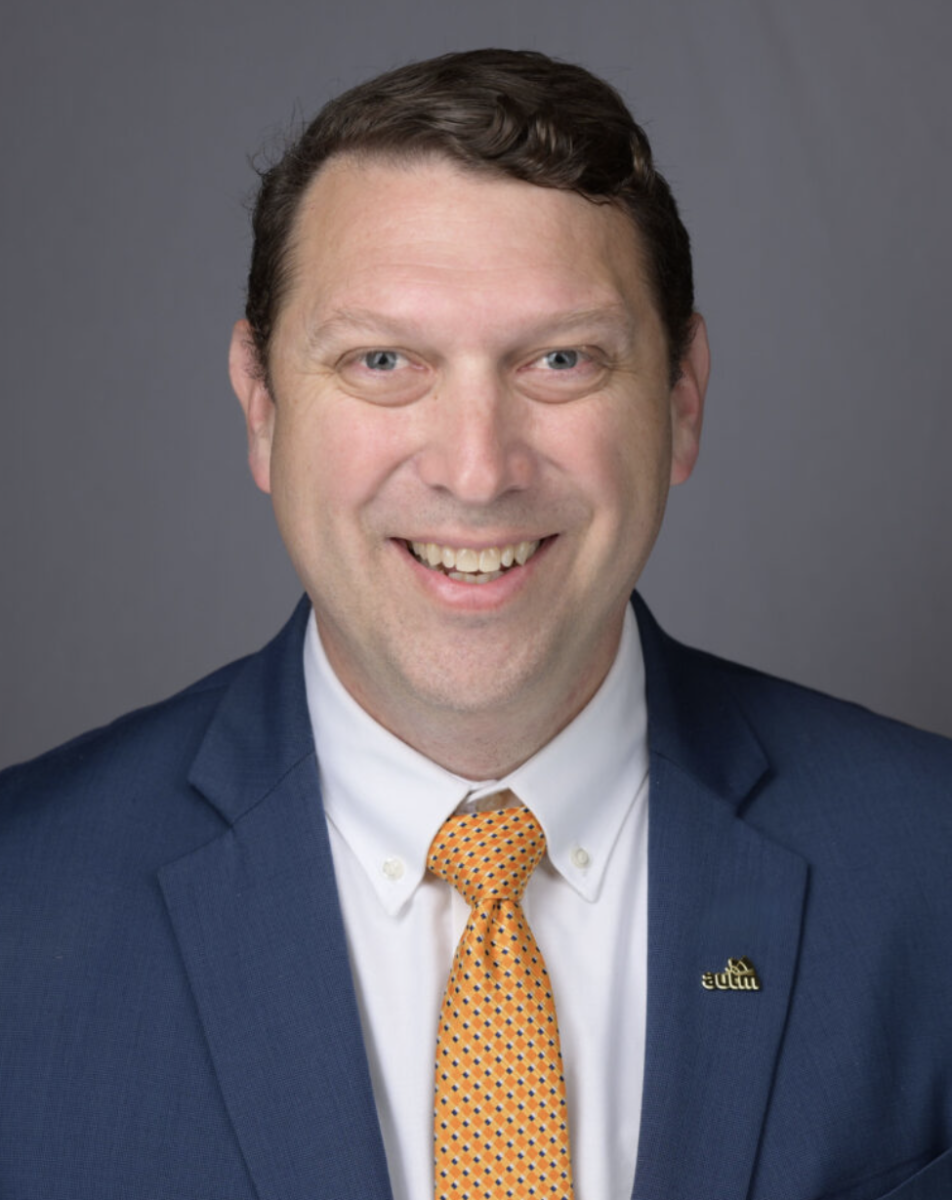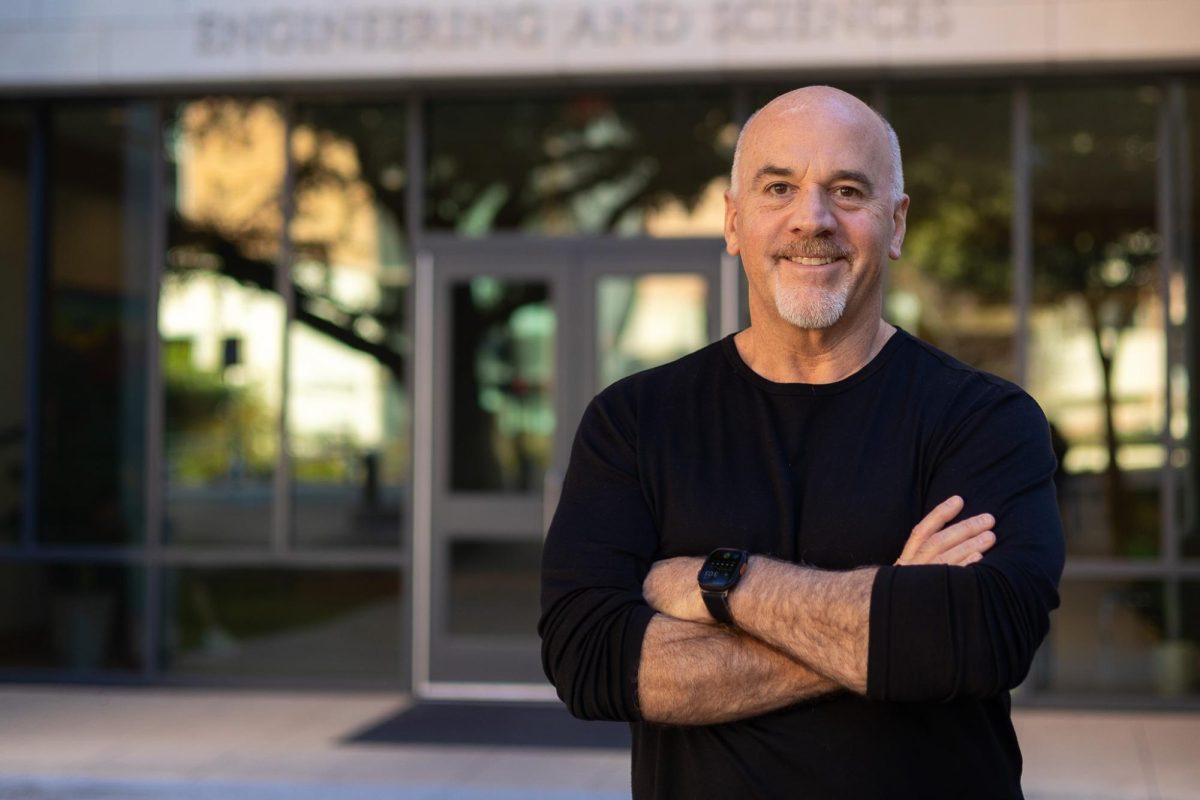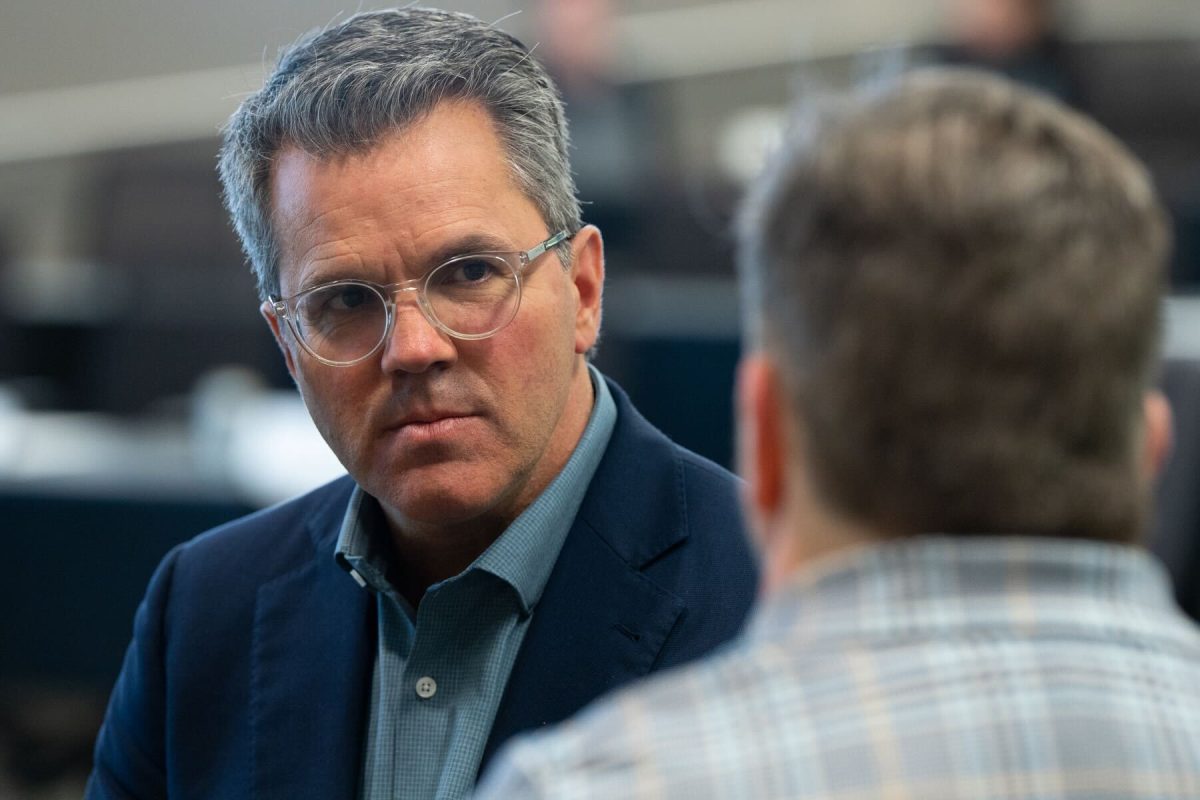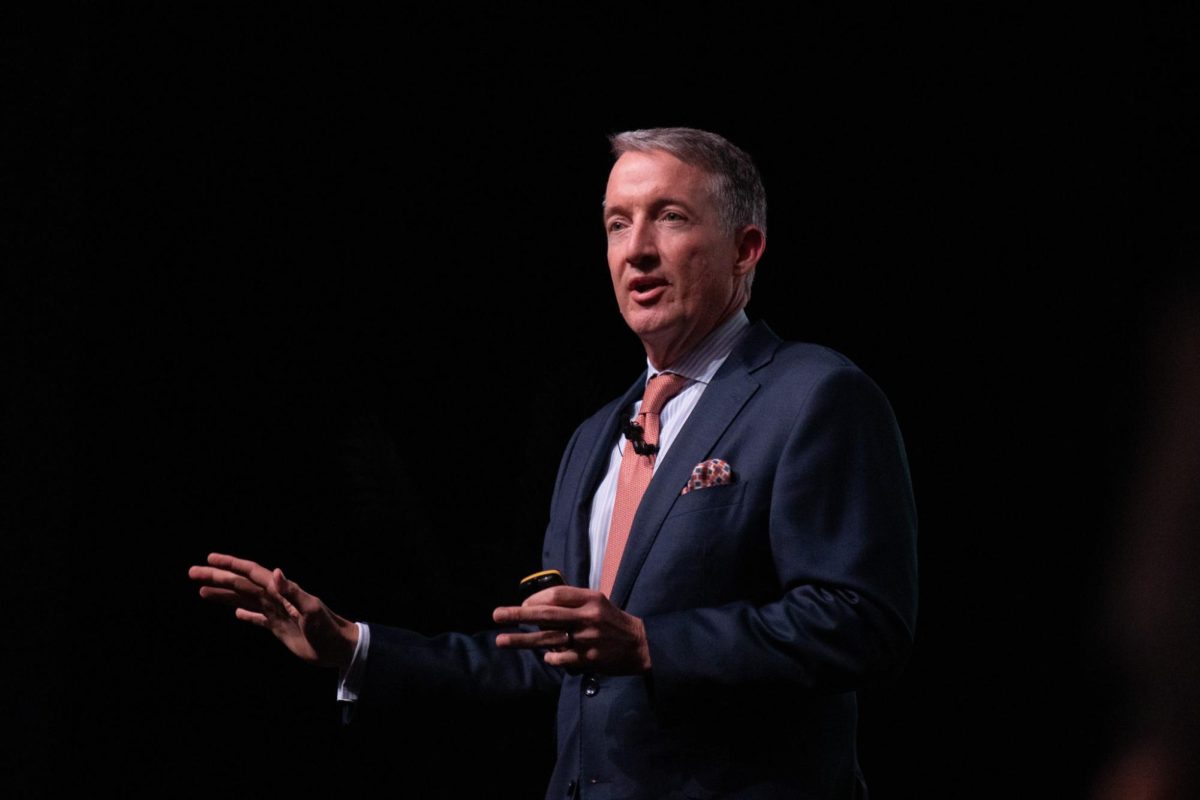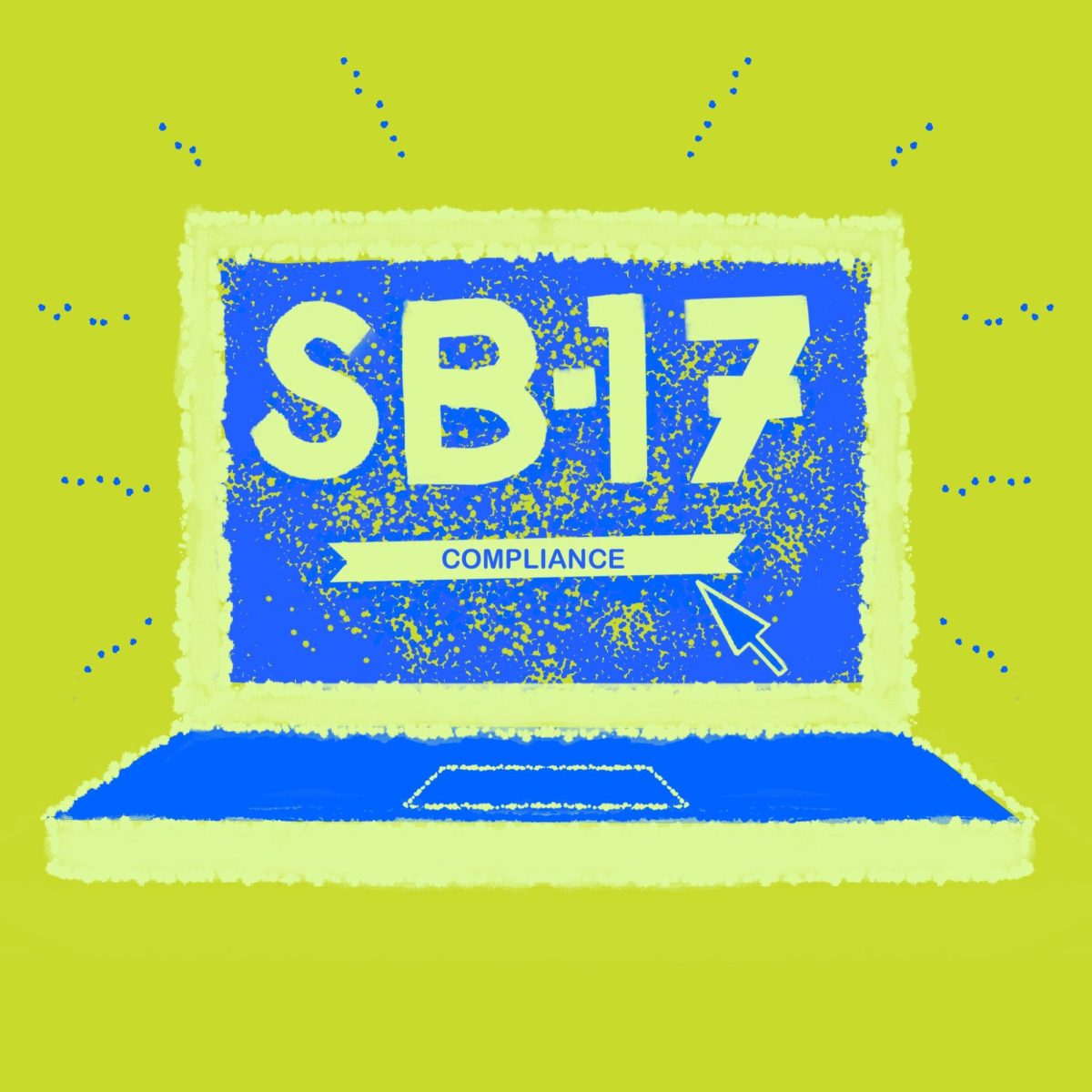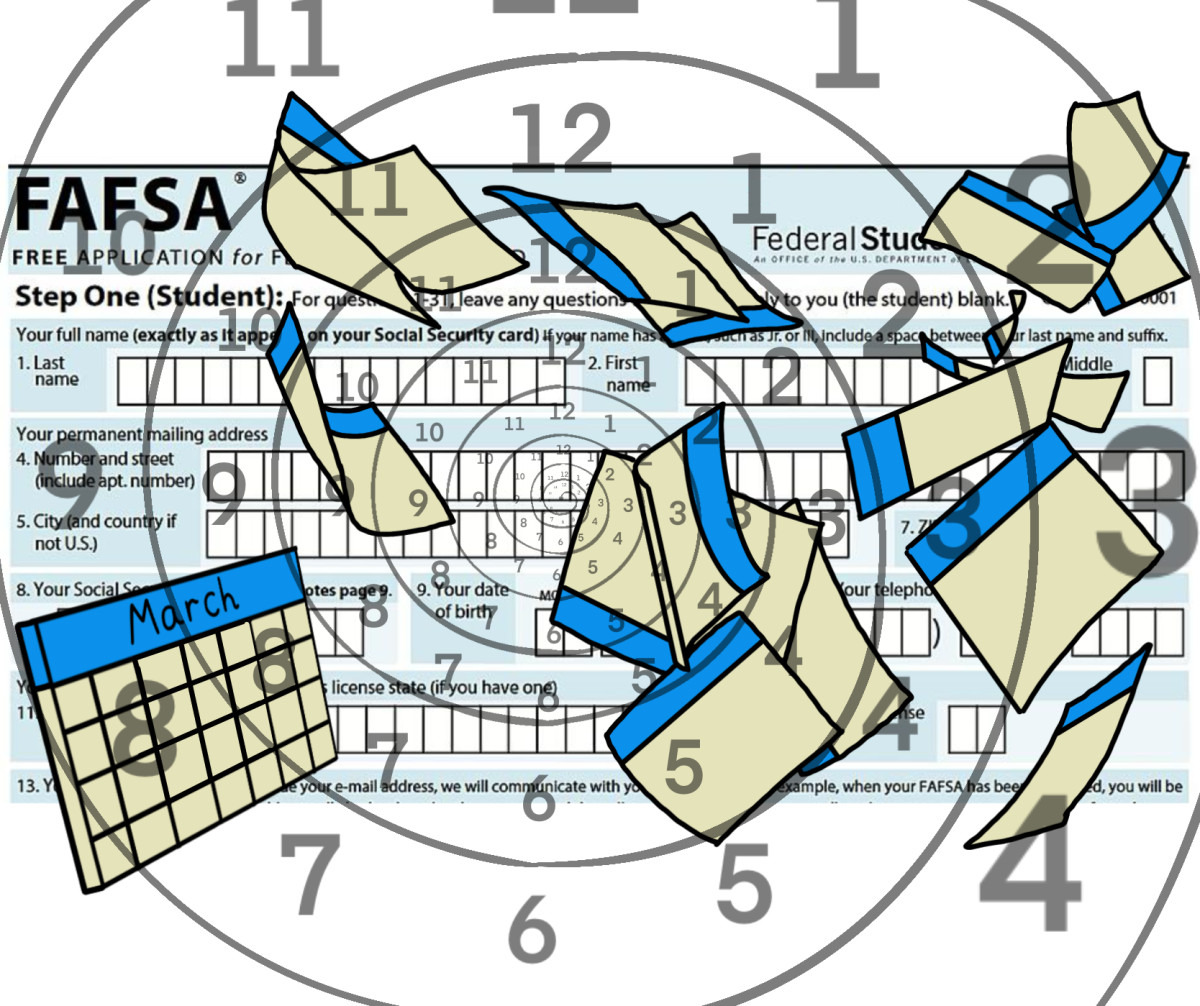As the federal government shutdown continues into its second week, the Lyndon B. Johnson School of Public Affairs released a report presenting possible solutions for preventing future governmental gridlock.
The nearly 200-page report presents a wide variety of solutions and recommendations, including increased access to information on congressional websites, workdays designated for strategic planning and streamlined membership on key committees.
“Seeing reforms in past eras created a credible background to make forward-looking recommendations,” said Sam Spahn, a public affairs graduate who worked on the report.
“We forecasted that this was most likely going to happen back in December,” Spahn said. “The regular order is no longer there. To our generation, the regular order is chaos.”
Spahn said members of the U.S. House of Representatives and Senate who have reviewed the report received it positively.
“They don’t want to be told what to do,” Spahn said. “But they know the process is off track, so they are
paying attention.”
LBJ clinical professor Angela Evans, former deputy director of Congressional Research Service, led an 18-member team — consisting of 17 graduate student researchers — to produce the report.
The report focused on four main categories: budget and appropriations, agenda setting, deliberations
and staffing.
Public affairs graduate Jocelyn Kuhn was one of the principal writers for the historical analysis. She said the team learned to put aside personal beliefs and work to produce the report in a non-partisan fashion.
“We’re not telling anyone what to do, just what their options are,” Kuhn said. “It takes a look at history, where we are now and where
we’re going.”
Kuhn said congressional gridlock can be caused by many things, but it essentially means anything that is preventing Congress from moving forward.
Spahn focused his research on deliberation in the U.S. House of Representatives. Spahn said gridlock is caused by a lack of communication between members of Congress.
Evans, who is continuing work with the report in Washington, D.C., said it is difficult to know what sort of impact the report will ultimately have.
“In our minds, it’s about having something that moves the debate off of a critical view of Congress to an understanding of Congress,” Evans said. “We can start thinking about
offering solutions.”
Evans said other objectives for the report are to create a central report for anyone to use as a resource.
“We had to do a lot of work — it’s all there,” Evans said.
Kuhn said the most important step in congressional reform is for the American public to be informed.
“We need to know what our Congress is doing,” Kuhn said. “Congress is not beyond fixing — there are options out there.”

